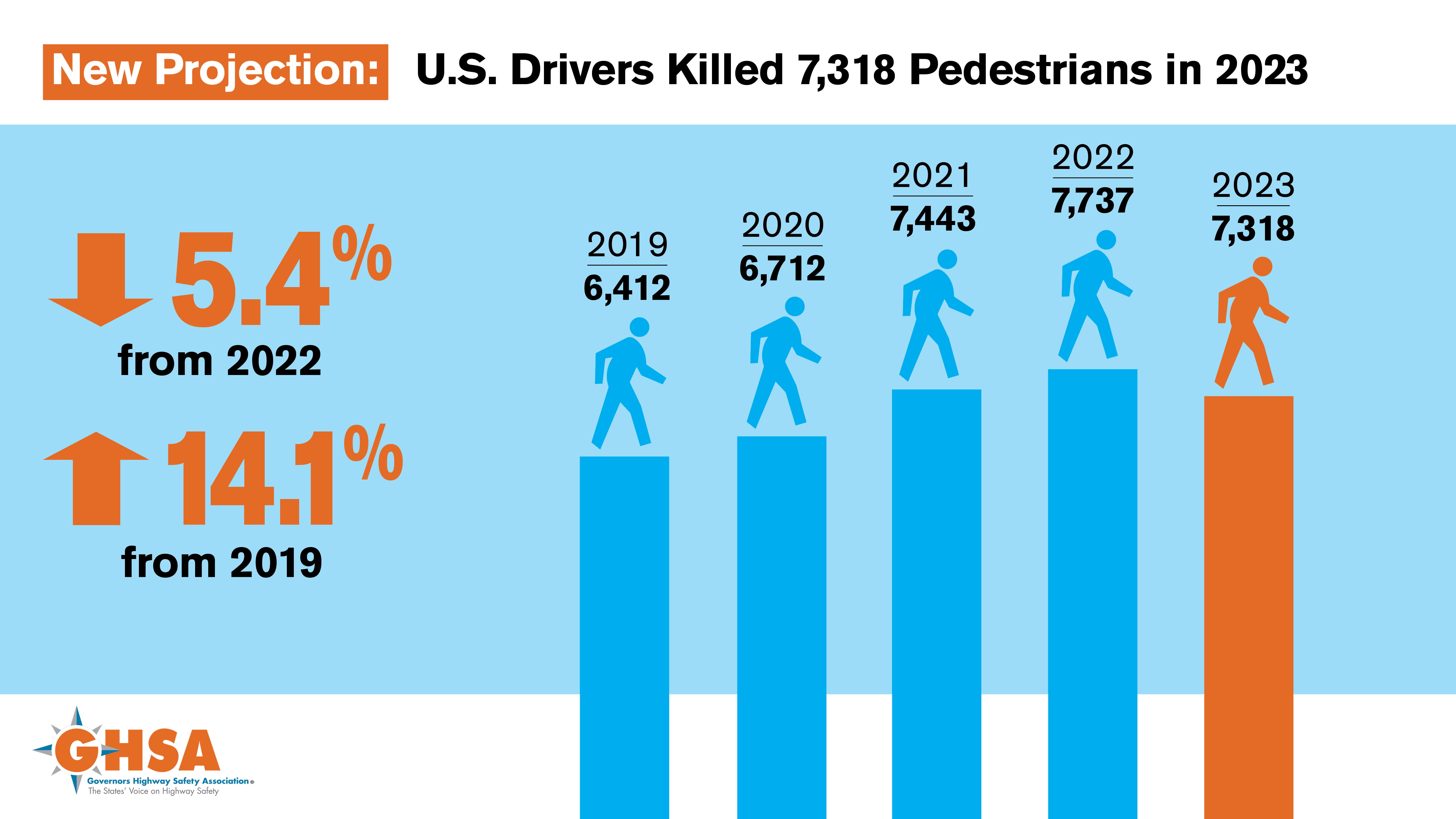
The Governors Highway Safety Association (GHSA) and StopDistractions.org are calling on US states to implement a comprehensive strategy to combat distracted driving.
Both parties want the strategy to include high visibility enforcement of primary texting and hand-held mobile phone bans, coupled with extensive public outreach that explains how distraction takes a driver’s eyes and mind off the road and puts others at risk.
The GHSA says crashes caused by distracted driving killed 3,142 people in the US in 2019 – up 10% from the year before.
The association warns those numbers could climb even higher with overall traffic fatalities surging in the first nine months of 2020 and evidence pointing to increased distracted driving during the Covid-19 pandemic.
GHSA executive director Jonathan Adkins says: “At any given moment during the day in the United States, nearly a half a million drivers are distracted behind the wheel."
"It’s a dangerous and deadly epidemic that is responsible for 8-10% of all fatal crashes, a statistic that has varied little in the past seven years. This problem demands a broad approach including engineering, technology advancements, education and equitable enforcement of strong laws.”
StopDistractions.org founder Jennifer Smith says: “Some state distracted driving laws are years old and have not kept pace with how rapidly this technology has evolved. StopDistractions.org has been instrumental in modernising state policy, as well as promoting fair and equitable enforcement of these laws by state and local police.”
Nearly every US state has passed some sort of statewide law against distracted driving.
However, the GHSA points out that since July 2018, nine states have adopted new hands-free distracted driving laws that account for new technology and clearly state when and how a driver can or can not use an electronic device behind the wheel.
Currently, 24 states and the District of Columbia (DC) ban handheld mobile phone use, while 48 states and DC ban texting while driving.
According to the GHSA, no state completely bans mobile phone use – including hands-free operations – for all drivers, but 37 states and DC prohibit all mobile phone use by “novice drivers”, and 23 states and DC ban it for school bus drivers.
In Virginia and Massachusetts, improvements to distracted driving laws also included additional protections to promote equitable enforcement, such as data collection and reporting requirements on traffic stops.
Additionally, the National Council of Insurance Legislators recently unanimously adopted a model state distracted driving law that includes traffic stop data collection provisions and safeguards against unreasonable searches.
“Anyone driving, walking or biking in America today sees motorist distraction all around them and recognises that addressing it will be a critical part of both reversing the current surge in pedestrian fatalities and the push to achieve zero traffic deaths,” Adkins concludes.












